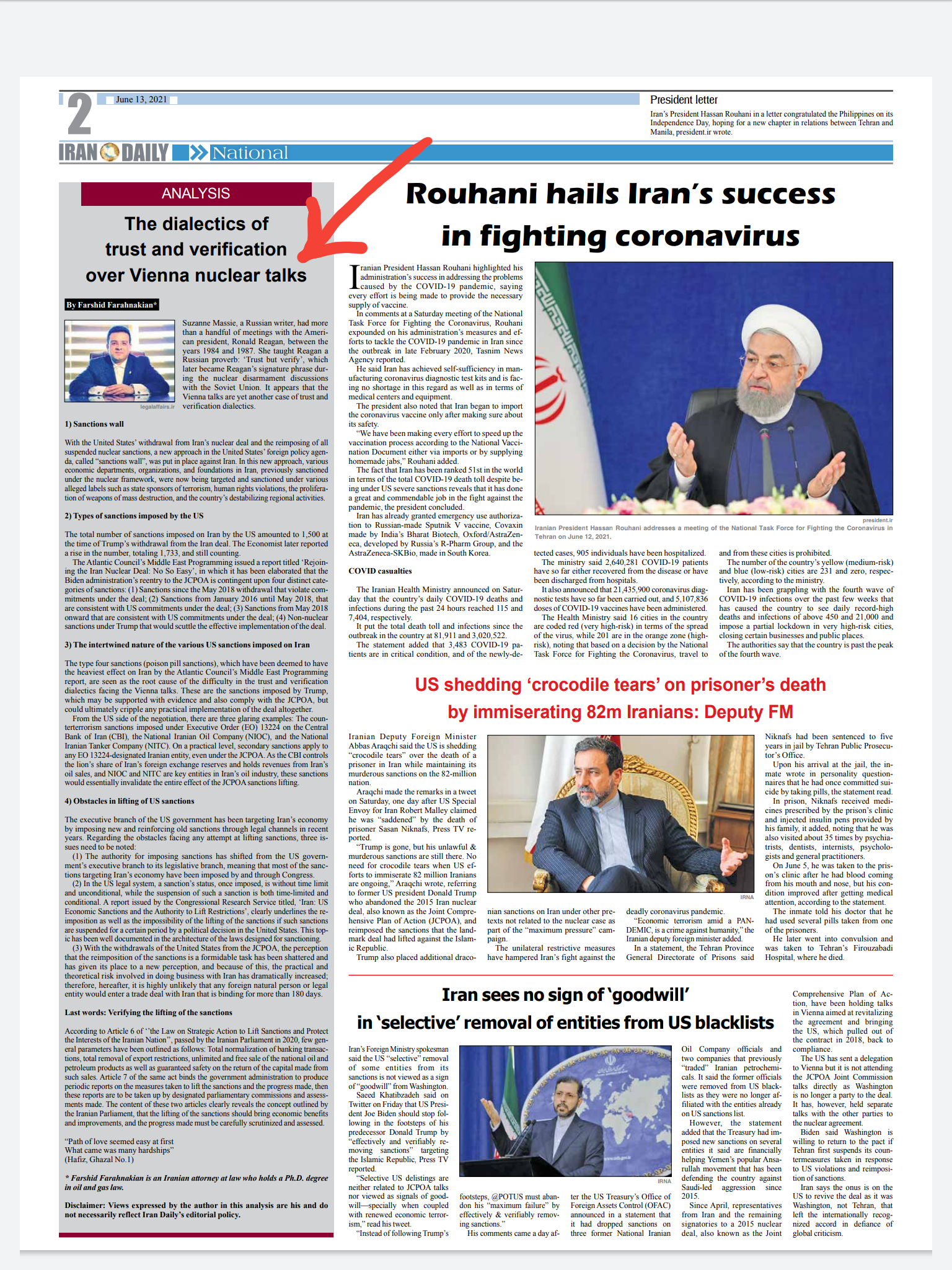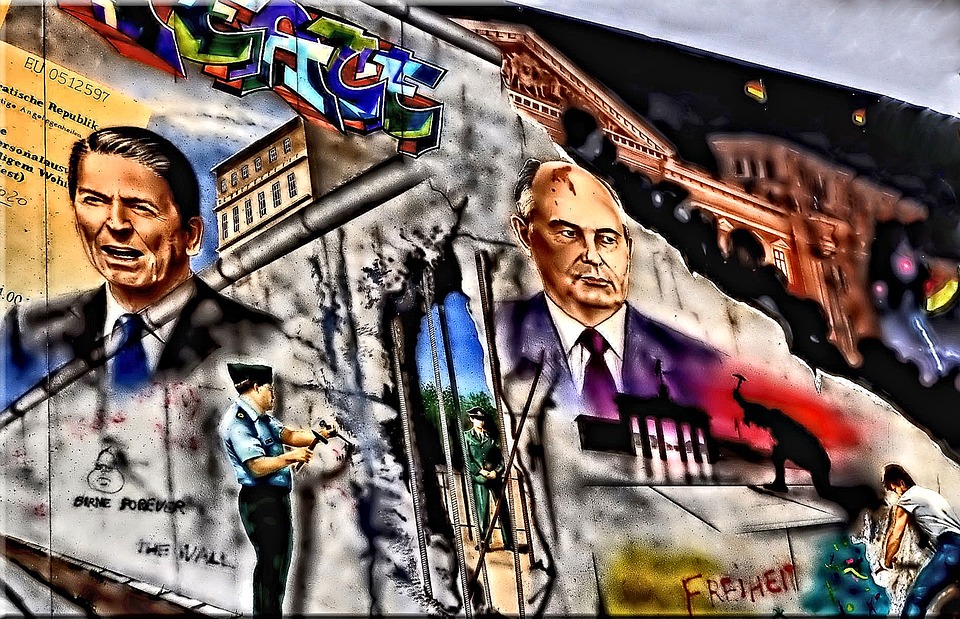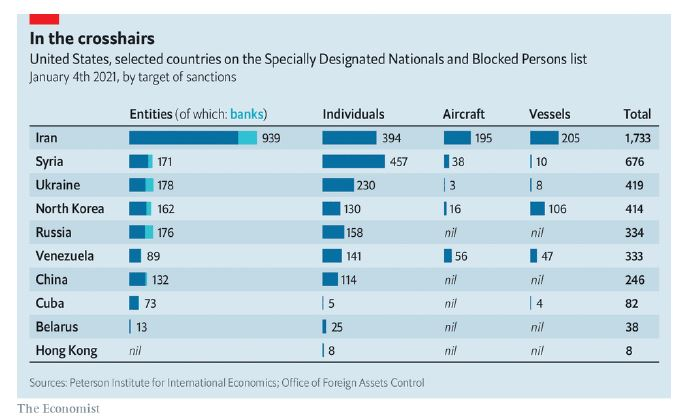The dialectics of trust and verification over Vienna nuclear talks
Post Description: Suzanne Massie; a Russian writer, taught Reagan a Russian proverb; trust but verify, that later became Reagan's signature phrase during the nuclear disarmament discussions with the Soviet Union. It appears that the Vienna talks are yet another case of trust and verification dialectics.
This article was published in June 2021 in Iran Daily newspaper.
The dialectics of trust and verification over Vienna nuclear talks

Suzanne Massie; a Russian writer, had more than a handful of meetings with the American president, Ronald Reagan, between the years 1984 and 1987. She taught Reagan a Russian proverb; trust but verify, that later became Reagan's signature phrase during the nuclear disarmament discussions with the Soviet Union. It appears that the Vienna talks are yet another case of trust and verification dialectics.

1) Sanction wall
With the United States' withdrawal from Iran's nuclear deal and the reimposing of all suspended nuclear sanctions, a new approach in the United States' foreign policy agenda called "sanction wall" was put in place against Iran. In this new approach, various economic departments, organizations, and foundations in Iran, previously sanctioned under the nuclear framework, were now being targeted and sanctioned under various alleged labels such as state sponsors of terrorism, human rights violations, the proliferation of weapons of mass destruction, and the country's destabilizing regional activities.
2) Types of sanctions imposed by the US
The total number of the sanctions imposed on Iran by the US amounted to 1500 at the time of Trump's withdrawal from the Iran deal. The Economist later reported a rise in the number, totaling 1733 and still counting.

The Atlantic Council's Middle East Programming issued a report titled "Rejoining the Iran Nuclear Deal: No So Easy" in which it has been elaborated that the Biden administration's reentry to the JCPOA is contingent upon four distinct categories of sanctions: (1) sanctions since the May 2018 withdrawal that violate commitments under the deal; (2) sanctions from January 2016 until May 2018 that are consistent with US commitments under the deal; (3) sanctions from May 2018 onward that are consistent with US commitments under the deal; (4) non-nuclear sanctions under Trump that would scuttle the effective implementation of the deal.
3) The intertwined nature of the various US sanctions imposed on Iran
The type four sanctions (poison pill sanctions) which have been deemed to have the heaviest effect on Iran by the Atlantic Council's Middle East Programming report, are seen as the root cause of the difficulty in the trust and verification dialectics facing the Vienna talks. These are the sanctions imposed by Trump, which may be supported with evidence and also comply with the JCPOA, but could ultimately cripple any practical implementation of the deal altogether.
From the US side of the negotiation, there are three glaring examples: the counterterrorism sanctions imposed under Executive Order (EO) 13224 on the Central Bank of Iran (CBI), the National Iranian Oil Company (NIOC), and the National Iranian Tanker Company (NITC). On a practical level, secondary sanctions apply to any EO 13224-designated Iranian entity, even under the JCPOA. As the CBI controls the lion’s share of Iran’s foreign exchange reserves and holds revenues from Iran’s oil sales, and NIOC and NITC are key entities in Iran’s oil industry, these sanctions would essentially invalidate the entire effect of the JCPOA sanctions lifting.
4) Obstacles in the lifting of the US sanctions
The executive branch of the US government has been targeting Iran's economy by imposing new and reinforcing old sanctions through legal channels in recent years. Regarding the obstacles facing any attempt at lifting sanctions, three issues need to be noted:
(1) The authority for imposing sanctions has shifted from the US government's executive branch to its legislative branch, meaning that most of the sanctions targeting Iran's economy have been imposed by and through Congress.
(2) In the US legal system, a sanction's status, once imposed, is without time limit and unconditional, while the suspension of such a sanction is both time-limited and conditional. A report issued by the Congressional Research Service titled "Iran: US Economic Sanctions and the Authority to Lift Restrictions" clearly underlines the reimposition as well as the impossibility of the lifting of the sanctions if such sanctions are suspended for a certain period by a political decision in the States. This topic has been well documented in the architecture of the laws designed for sanctioning.
(3) With the withdrawals of the States from the JCPOA, the perception that the reimposition of the sanctions is a formidable task has been shattered and has given its place to a new perception, and because of this, the practical and theoretical risk involved in doing business with Iran has dramatically increased, therefore, from now on, it is highly unlikely that any foreign natural person or legal entity would enter a trade deal with Iran that is bounding for more than 180 days.
Last words: verifying the lifting of the sanctions by the US
According to article 6 of ''the Law on Strategic Action to Lift Sanctions and Protect the Interests of the Iranian Nation''; passed by the Iranian parliament in 2020, few general parameters have been outlined; these are the followings: total normalization of banking transactions, total removal of export restrictions, unlimited and free sale of the national oil and petroleum products as well as guaranteed safety on the return of the capital made from such sales, article 7 of the same act binds the government administration to produce periodic reports on the measures taken to lift the sanctions and the progress made, then these reports are to be taken up by designated parliamentary commissions, and assessments made. The content of these two articles clearly reveals the concept outlined by the Iranian parliament, that the lifting of the sanctions should bring economic benefits and improvements, and the progress made must be carefully scrutinized and assessed. Path of love seemed easy at first, what came was many hardships (Hafiz Ghazal, no.1)…
.png)